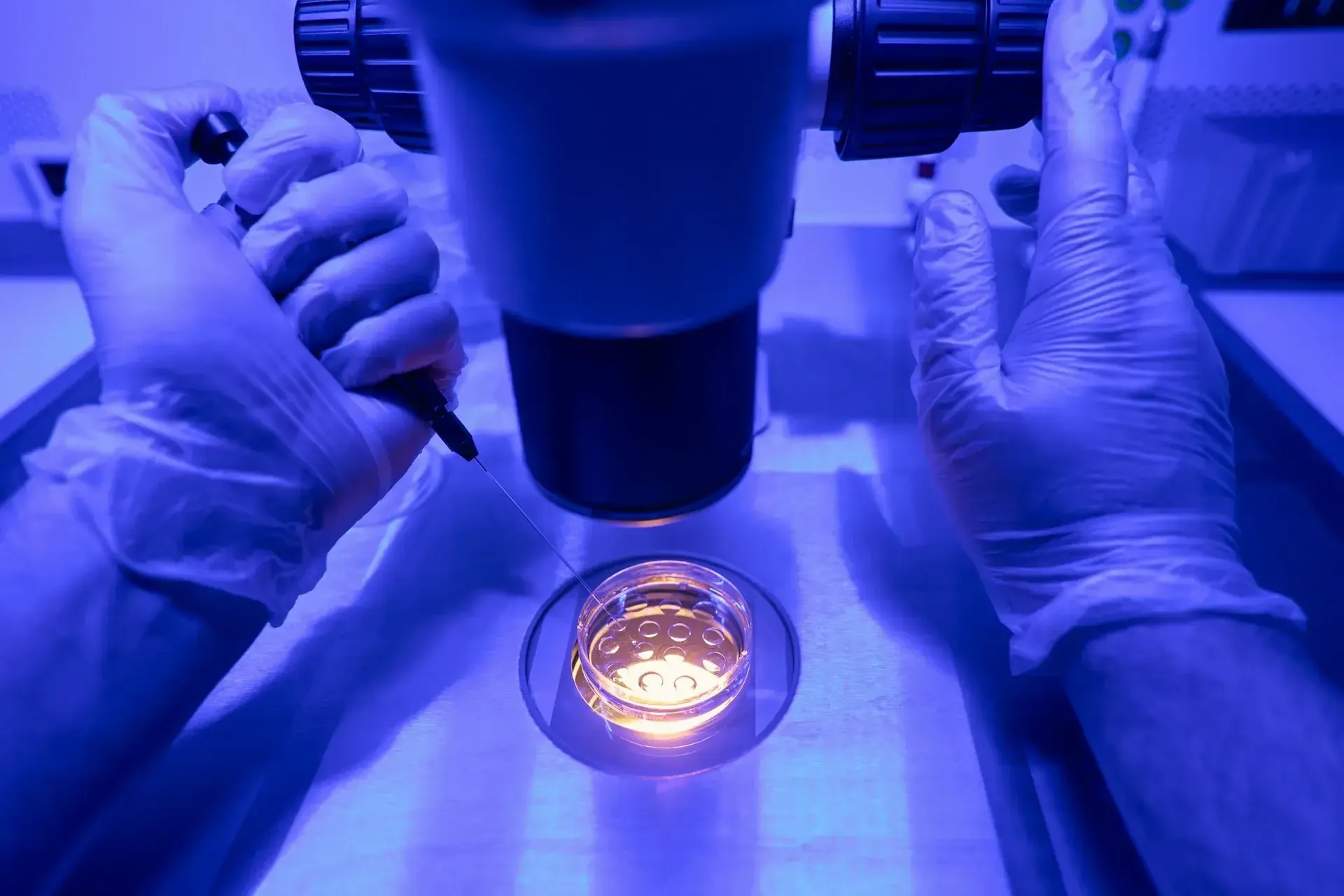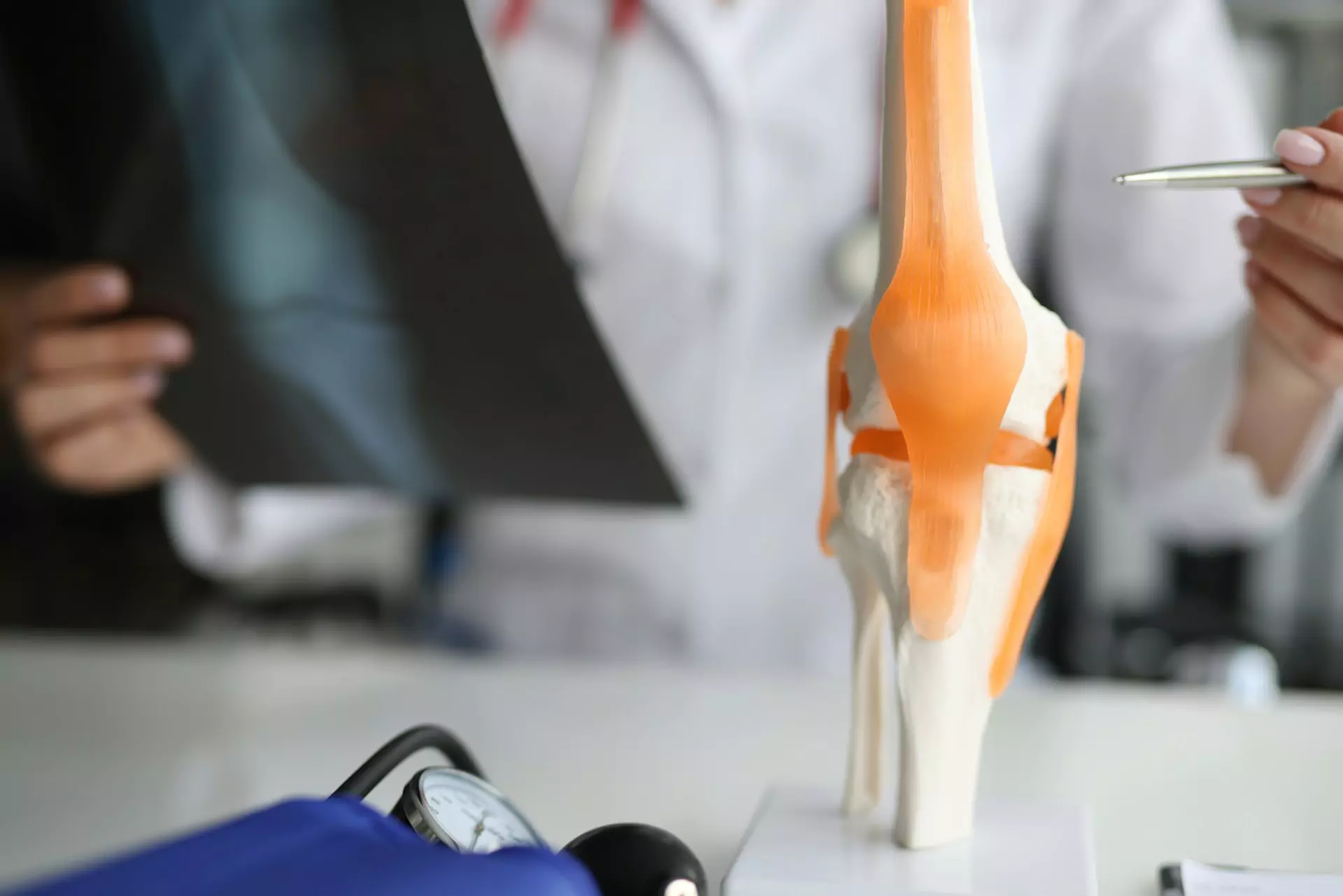Egg Freezing in Spain: Your Complete Guide to Fertility Preservation

The decision to freeze your eggs is personal. But choosing where to do it? That’s strategic. If you’ve been researching which country is best for egg freezing, Spain likely keeps popping up—and not by coincidence.
With excellent success rates, expert clinics, and some of the most progressive fertility laws in Europe, Spain is leading the way in reproductive care. And for thousands of women each year, it’s the place where future plans start to feel possible.
This blog will give you a clear overview of egg freezing in Spain, helping you decide if it’s the right choice for your future.
Why are so many women freezing their eggs in Spain?
Egg freezing, or oocyte cryopreservation, lets you freeze your eggs at a younger age to use later. This helps “pause” the biological clock, especially since egg quality drops after 35.
Spain leads Europe in IVF treatments, accounting for 15% of all cycles. It’s also the top country for egg donation and freezing. Back in 2010, only about 285 women chose to freeze their eggs in the country. Fast forward less than a decade, and that number soared to over 5,400 by 2019 — a nearly 20-fold increase!
This sharp rise reflects how women are changing the way they plan their lives. With careers, relationships, and other priorities often taking longer to settle, egg freezing gives you a way to take control and extend your fertility options.

5 reasons Spain is a hotspot for egg freezing
Wondering why so many women are freezing their eggs in Spain? Here are the top reasons this sunny country is leading the way.
1. Affordable pricing
Egg freezing can be a big investment. But in Spain, it’s a lot more budget-friendly.
If you're comparing options, you’ll find that clinics here offer the same top-notch care for a fraction of the cost. While one cycle might cost over $20,000 in the U.S., in Spain it’s about 60–70% less. That difference can open the door for more women, like you, to plan ahead without the financial stress.
2. Top fertility clinics with higher success rates
Spain is home to some of Europe’s best fertility clinics. For instance, Instituto Bernabeu recently opened a specialized Oocyte Cryopreservation Unit where they use the latest ovarian stimulation techniques. They also focus on making the whole process as comfortable as possible, with fewer side effects.
On top of that, clinics here report survival rates of over 95% after thawing, putting them among the best in the world. That means when you’re ready to use your eggs, they’re more likely to be healthy and viable for IVF.
3. Advanced technology and expertise
Another great reason to choose Spain is how clinics blend cutting-edge equipment with the newest techniques to offer you top-notch care. One example is vitrification, a rapid freezing method that reduces ice crystal formation and helps keep your eggs in excellent condition.
Beyond advanced lab technology, fertility specialists use gentle ovarian stimulation methods designed to reduce side effects and make your treatment as comfortable and stress-free as possible.
4. Flexible fertility laws
Spain’s fertility laws stand out for their flexibility. According to Spain’s Assisted Reproduction Technology (ART) law, there are no age limits for freezing your eggs, and you can store them indefinitely. You also don’t need a medical reason to pursue egg freezing.
The country welcomes single women, same-sex couples, and international patients alike. Plus, you have full control over any unused eggs—whether you want to keep them, donate them for research, or share them with others. This freedom and inclusivity make Spain a very attractive option for preserving your fertility.
5. A top fertility tourism destination
Spain has become a top destination for fertility tourism, drawing women from all over Europe and beyond. You can combine your treatment with the chance to enjoy the country’s beautiful, sunny weather and vibrant culture.
With excellent clinics and a warm, welcoming atmosphere, Spain offers you not only top-quality care but also a positive and uplifting experience. It’s a perfect place to take control of your fertility while soaking up some well-deserved good vibes.
Thinking about freezing your eggs in Spain? QCG can help you handle the details, so you can focus on what matters most!
How does the egg freezing process work in Spain?
Here’s what you can expect when freezing your eggs in Spain:
Step 1: Consultation and testing
Your journey starts with a consultation where you’ll meet a fertility specialist. They’ll run blood tests to check your hormone levels and do an ultrasound to see how many healthy eggs you have left. This gives a clear picture of your ovarian reserve.
Step 2: Ovarian stimulation
Once your ovarian reserve is assessed, the next step is ovarian stimulation. You’ll take hormone injections daily for 10-14 days. These hormones stimulate your ovaries to produce multiple eggs instead of just one. During this phase, you’ll have regular check-ups to monitor your progress.
Step 3: Egg retrieval
Once your eggs are mature, a simple outpatient procedure under sedation is done to collect them. Using a fine needle, the doctor retrieves the eggs from your ovaries, usually within 20 to 30 minutes. You’ll be able to go home the same day.
Step 4: Freezing (Vitrification)
The eggs are quickly frozen using vitrification, a method that prevents ice crystals from forming, keeping the eggs in excellent condition for the future.
Step 5: Storage
Your eggs are stored safely in liquid nitrogen tanks until you’re ready to use them. In Spain, there’s no limit on how long you can keep your eggs frozen, giving you the freedom to decide when the time is right.

What about using your frozen eggs later?
When you’re ready to start a family, your frozen eggs will be carefully thawed and fertilized through IVF (in vitro fertilization). Spanish clinics often offer additional options like options as preimplantation genetic testing (PGT-A) to screen embryos for genetic issues, giving you peace of mind.
Because of the high survival rates during thawing, your chances of a successful pregnancy are good. Just keep in mind that while freezing your eggs increases your chances, it doesn’t guarantee pregnancy. Still, it’s a powerful way to keep your options open and plan your family on your own timeline.
Not sure how to get started with egg freezing in Spain? QCG is here to help you connect with trusted clinics and make the process simple and stress-free.
What is the age limit for egg freezing in Spain?
One of the best things about freezing your eggs in Spain is that there’s no legal age limit.
The country’s fertility laws are flexible, allowing women of all ages to freeze their eggs if they choose. That means whether you’re in your 20s or your 40s, you have the chance to take control of your fertility without worrying about legal restrictions.
However, most doctors recommend freezing eggs at a younger age, ideally before age 35, to ensure better egg quality and higher chances of success later on.
How much does it cost to freeze your eggs in Spain?
If you’re considering egg freezing, cost is probably high on your list. Spain offers a great balance between quality and affordability. On average, one cycle of egg freezing in Spain costs between $2,200 and $3,300. Medication fees usually add another $1,000 to $1,600. Plus, you’ll pay around $200 to $550 per year for storing your eggs.
To give you a clearer picture, here’s how Spain stacks up against other popular countries for egg freezing:
| Country | Average Cost per Cycle (USD) | Medication (USD) | Annual Storage (USD) |
|---|---|---|---|
| Spain | $2,600 – $4,700 | $1,000 – $1,600 | $200 – $550 |
| USA | $6,500 – $19,364 | $2,000 – $5,000 | $700 |
| UK | $4,200 – $6,900 | $1,300 – $2,000 | $200 – $700 |
| Australia | $4,500 – $6,500 | $1,000 – $1,500 | $320 |
If you’re traveling to Spain for treatment, it’s good to budget for a few extra expenses such as travel, accommodation, and any follow-up appointments, which can vary depending on your stay.
Want a clearer idea of costs and packages? QCG offers personalized consultations to help you plan your trip and budget!
Things to know before freezing your eggs in Spain
Before you begin your egg freezing journey in Spain, here are a few important points to consider:
It’s a private procedure
Since elective egg freezing isn’t covered by Spain’s public healthcare system, all costs are handled through private clinics. Make sure to budget accordingly.
Moving eggs abroad takes time
If you decide to transfer your frozen eggs to another country later, be prepared for some paperwork. Government approval is required, and the process can take time.
Success isn’t guaranteed
Egg freezing increases your chances of pregnancy later, but it’s not a promise. On average, one baby is born for every 12–13 eggs frozen, depending on age and other factors.
It’s okay to ask for support
Fertility treatment can feel overwhelming. Many Spanish clinics offer emotional support and counseling, so you don’t have to go through it alone.
Is egg freezing in Spain right for you?
Choosing to freeze your eggs is a personal step, and if you’re exploring your options, Spain stands out for good reason. With trusted clinics, advanced medical care, flexible fertility laws, and prices that are far more affordable than in many other countries, it’s a place where taking control of your fertility feels a lot more manageable.
Of course, your decision should reflect your own needs, goals, and timing. But if you’re looking for quality care in a supportive, accessible setting, Spain is definitely worth a closer look. And when you’re ready to take the next step, QCG can support you every step of the way.

